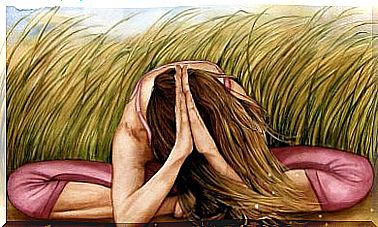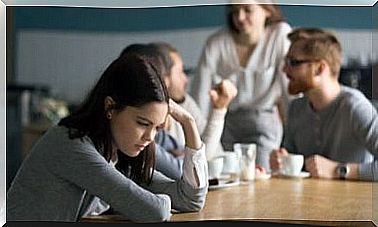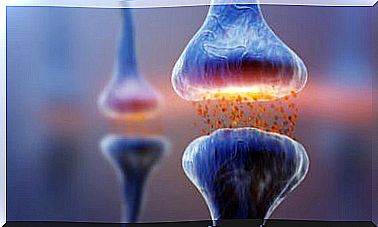Order And Disorder
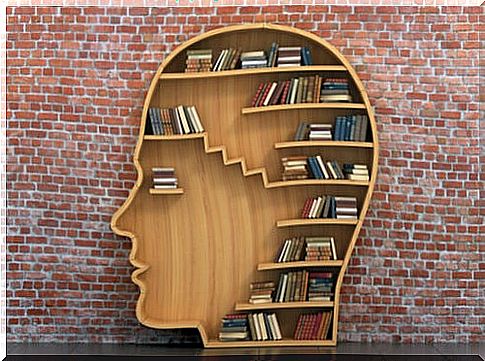
Many people enjoy the logical order of things. This means having everything organized by size, color or any other criteria in places like the bedroom, closet, shelves, etc. But this can become a problem, if the concern for the order is excessive. In such a way that, some of these people get upset and even feel emotional or physical discomfort, when they see something out of place.
On the other side of the spectrum are messy people, those who don’t really find it relevant to do or keep things well organized. Disorder can be caused by both a lack of time and a lack of desire, or simply that it is considered that there are more important things than organizing everything in a certain way.
Now the big question is, are there only these two realities? Can a person only be defined as orderly or as messy? Of course not! In fact, many times the concept of order and disorder generates certain confusions.
The concept of order
In the dictionary of the RAE (Royal Spanish Academy), we can find that order is defined as the “placement of things in their rightful place” or as “concert, good disposition of things.”
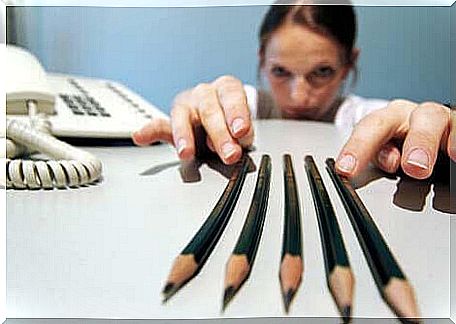
That is, despite what many think, the order does not follow a certain pattern, there is no strict rule or an exact formula that dictates whether or not a place is ordered.
So, since this concept does not go into more detail, it can be said that if a series of books are not organized in alphabetical order, but rather by the level of meaning it has for the owner of them, they are not disordered, it is rather, they are arranged in a different order.
The idea of ”orderly” disorder
How many people do you know who say they are messy but find everything perfectly within the mess? Or, on the other hand, how many people do you know who are organized, who put everything in a meticulous way and, nevertheless, are slow to find things? Surely you know more than one case of both extremes.

It turns out that there is actually a variant of disorder called “orthodox disorder” or “orderly disorder.” In it, although apparently everything is, to the common eye, disorderly, the person in charge of that system can find absolutely anything, or most of them, without making any effort or wasting time. However, if a third party intercedes and decides to “organize everything”, they will be unable to find anything because they will see their “order altered”.
This type of order is very different from the logical order, which we previously talked about. But, the fact of not having things classified by size, of not having the books in the library in alphabetical order, or the clothes in the closet separated by colors does not exactly mean that there is an absence of order, it is only an order different. In the same way, the fact of having everything placed in certain spaces and organized following a certain pattern or a rigid system does not imply that there is an order.
Order is not synonymous with cleanliness and disorder is not synonymous with chaos
As a final conclusion, it can be said that there are many types of order, as many as people inhabit the world.
Each human being is different, with different priorities and ways of seeing life, therefore what works and is a necessity for one does not necessarily imply that it enters into the modus vivendi of others. So it never hurts to exercise tolerance and respect for those who “organize” in a different way.
And remember that neither order is synonymous with cleanliness, nor disorder is synonymous with chaos.





